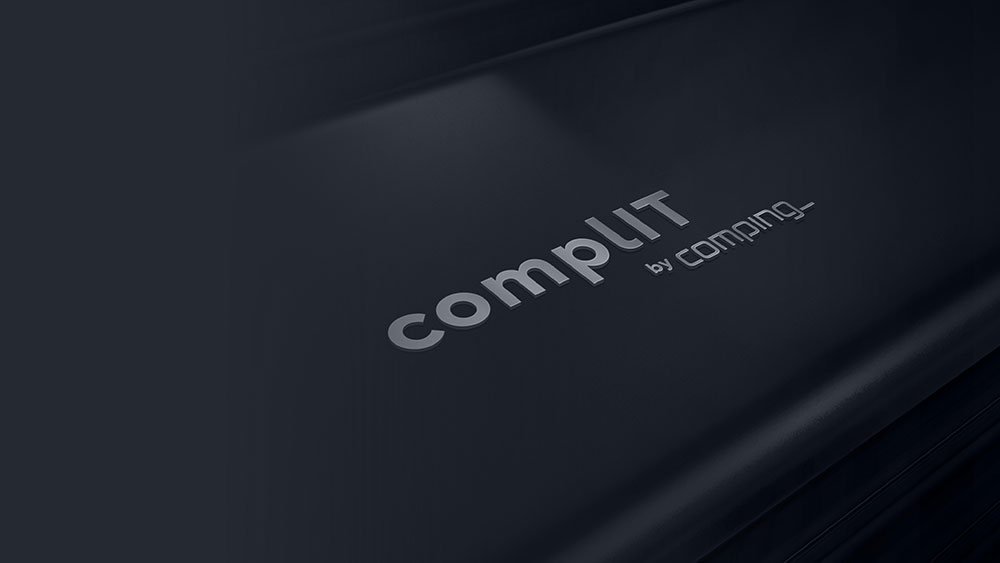
Hybrid data center
Storage
The transformation of an IT system from traditional to a modern one requires modification of data storage, as there are two basic categories of data, structured and unstructured. Storage should be divided in the same way. Following that, it is further defined by user's business needs.
Depending on business use, various configurations are available. From basic and hybrid systems to high-performance disk systems. Whether it is classic hard disks, All-Flash solutions based on SSDs, NVMe, and SCM disks of the latest generation, or a system based on synchronous or asynchronous replication, depending on services the company uses.
For this purpose, Comping uses solutions from Dell Technologies, IBM, and Hewlett Packard Enterprise (HPE).
Servers
Our server infrastructure is based on rack and blade devices, based on Intel, AMD, or IBM Power processors.
Servers are used as special-purpose physical servers or in a server-as-a-platform configuration for implementing various data virtualization solutions.
The system can quickly change the purpose of an individual server (by simply changing the profile). Other scenarios are also available - from application of only one device to utilizing several high-performance servers, which achieves maximum scalability, depending on the company's current needs and business development forecasts.
Here we use Dell Technologies, IBM, and HPE solutions.“
Converged and hyper-converged infrastructure
A hyper-converged infrastructure combines all elements of a data center: storage devices, processors, memory and networking, into a single, scalable, and more efficient system that is easier to install. It is ideal for creating a private cloud that easily integrates with public cloud service providers.
Hyper-converged infrastructure data center virtual machines are managed through a single administration interface. Everything is simplified. For example, adding new servers to the cluster is done with just a few mouse clicks. The VMware vSAN solution manages our hyper-converged software-defined disk system.






